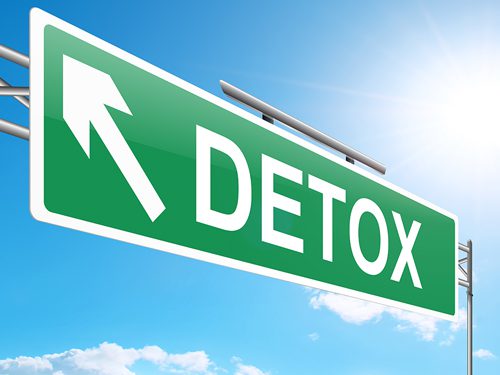 Perhaps you have decided, either on your own or with an intervention professional, that you have a problem with alcohol and you are ready to do something about it.
Perhaps you have decided, either on your own or with an intervention professional, that you have a problem with alcohol and you are ready to do something about it.
The first question you may have is, “Do I need alcohol detox?” There are several things to consider:
Do you have supportive friends and/or family who can see you through the process of the first few weeks of not drinking? If you have mild to moderate withdrawal symptoms, your doctor may prefer to treat you in an outpatient setting, especially if you have supportive family and friends. Outpatient detoxification is safe, effective, and less costly than inpatient detoxification at a hospital or other facility.
However, you may require inpatient treatment if you don’t have a reliable social network, are pregnant, or have a history of any of the following:
- Weeks, months, or years of heavy drinking
- Severe withdrawal symptoms
- Withdrawal seizures or DTs
- Multiple previous detoxifications
- Certain medical or psychiatric illnesses
Seizures and delirium tremens are severe complications that can arise during alcohol withdrawal, and these symptoms can begin as early as two hours after the last drink. In addition, mild anxiety and shakiness may be present. Delirium tremens (DTs), commonly presenting symptoms of rapid heartbeat, confusion, and a high fever, occurs in about 5% of people who are withdrawing from alcohol and can be life-threatening.
Because alcohol withdrawal symptoms can rapidly worsen, it’s important to seek medical attention even if symptoms are seemingly mild. Appropriate alcohol withdrawal treatments can reduce the risk of developing withdrawal seizures or DTs.
It’s especially important to see a doctor if you’ve experienced previous alcohol withdrawal episodes or if you have other health conditions such heart disease, lung disease or infections, or a history of seizures.
To help determine your need for medical detox, your healthcare provider will perform a physical exam. This may reveal:
- Abnormal eye movements
- Abnormal heart rhythms
- Dehydration (not enough fluids in the body)
- Fever
- Rapid breathing
- Rapid heart rate
- Shaky hands
Blood and urine tests, including a toxicology screen, may also be done.
If your healthcare professional recommends detox, they will probably also recommend treatment. Some facilities have in-house detox facilities and, once detox is completed, you will enter the treatment program.
Treatment
- The goal of treatment includes:
- Reducing withdrawal symptoms
- Preventing complications of alcohol use
- Therapy to help you to stop drinking (abstinence)
Contact us today if you or your loved one needs alcohol detox and is ready to reach out for help. We can start you on the road to recovery.
References:
Alcohol withdrawal: MedlinePlus Medical Encyclopedia. (n.d.). Retrieved December, 2016.
Alcohol Withdrawal: Symptoms, Treatments, Duration, and More. (n.d.). Retrieved December, 2016.
